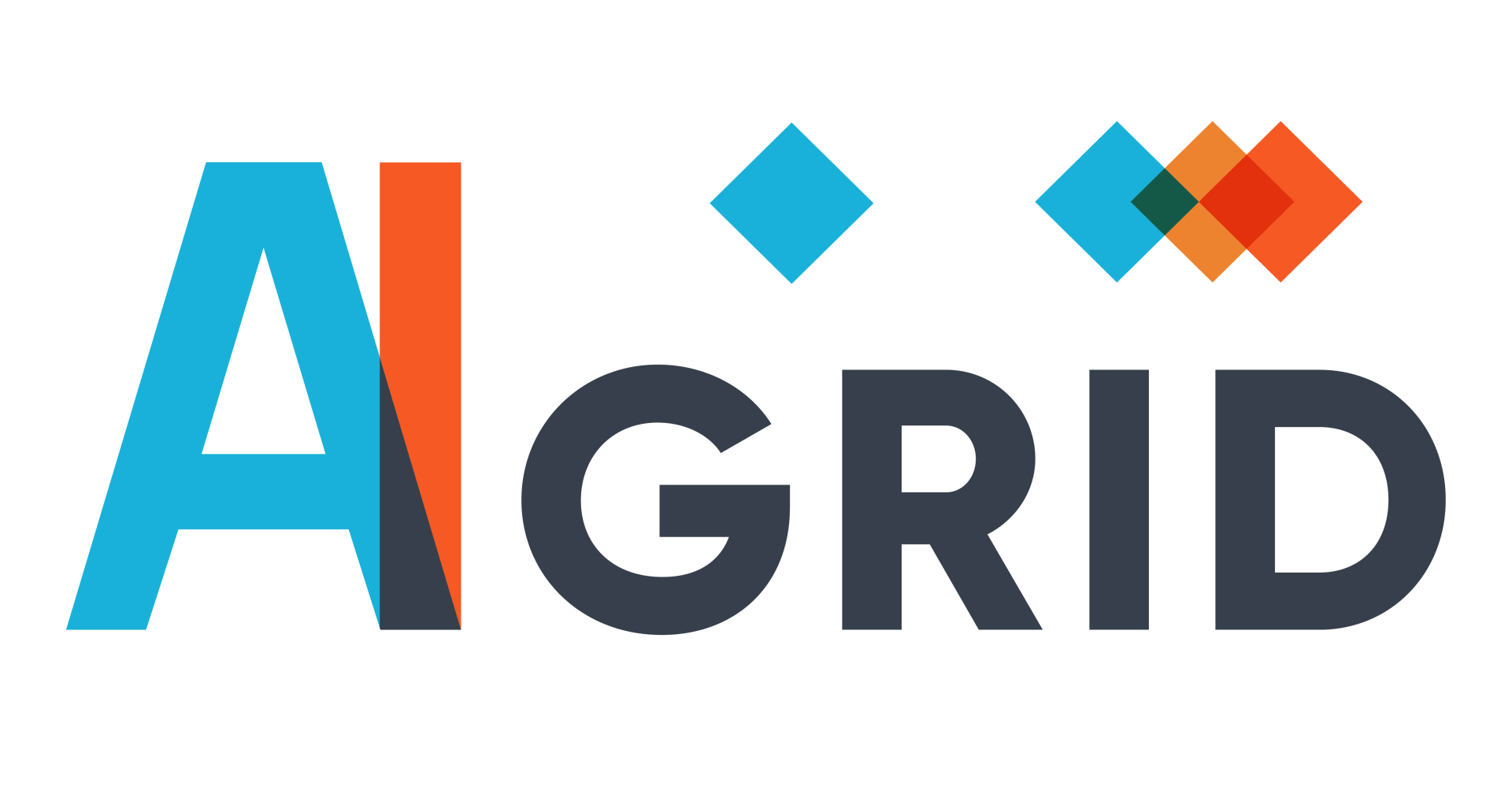Berlin, March 20, 2024 - Get to know Tanise Ceron, Amelie Wührl and Phillip Schneider and gain exclusive insights into their “Natural Language Processing (NLP) research.”
The emergence of AI-driven assistance technologies such as chatbots, virtual assistants and voice-controlled devices is ushering in a new era of communication. The demand for intuitive and personalized interaction options is increasing.
Our experts explore the potential and challenges of Large Language Models (LLMs) to explore both the opportunities and risks of these technologies. Their work aims to create a conscious understanding of the application possibilities and limitations of LLMs and thus support responsible integration into our everyday lives.
We cordially invite you to a background discussion or interview with:
Tanise Ceron is doing her doctorate in computational linguistics at the University of Stuttgart. The Brazilian researches how stereotypes in large language models (LLMs) can influence the perception of news. She is also the project leader of MULTIVIEW, a research project that aims to make news recommendations more diverse. The aim is to enable users to consume news in a more balanced way with regard to different points of view.
Possible topics for discussion with Tanise Ceron:
- What forms of political bias are there in LLMs?
- How can we find out what kind of policy (e.g. in relation to environmental protection, migration, etc.) models prefer or reject in their responses?
- How can artificial intelligence help news consumers gain a broader understanding of events or current issues in the world?
Amelie Wührl is doing her doctorate in theoretical computational linguistics at the Institute for Machine Language Processing at the University of Stuttgart. There she is investigating how laypeople can be supported in finding out about scientific research. Her doctoral thesis focuses on the dissemination and evaluation of biomedical information in social media. For example: How can claims such as “vaccinations cause autism” be automatically verified and linked to reliable background information?
Possible discussion topics with Amelie Wührl:
- How do scientific findings change when they are communicated to laypeople?
- What AI-based methods are there for checking facts in order to distinguish correct information from misinformation or disinformation?
- How can recommendation algorithms for news be made more diverse with the help of methods from Natural Language Processing (NLP) in order to enable a balanced, perspective-rich news consumption?
Phillip Schneider is a doctoral student and research assistant at the Technical University of Munich. His field of research is dialog systems for voice-based search queries. He is interested in how we can make information from databases interactively accessible with the help of human language.
Possible topics for discussion with Phillip Schneider:
- What does the future hold for voice assistants in the health and care sector?
- What new forms of interaction are there to make scientific publications more accessible through intuitive dialogs?
- What are the opportunities and risks of using LLMs in sensitive areas such as health and science? And what options are there to counteract LLM-generated false information (hallucinations)?
We would be delighted if you would be interested in talking to the young scientists of the AI Grid.












